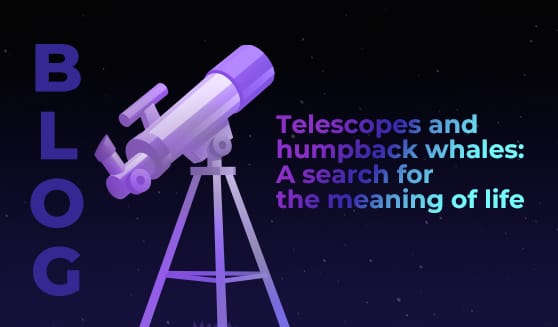
We recently interviewed #LEAP23 speaker Carine de Meyere (President and Founder at Women of the World). One of the things de Meyere pointed out was that female leaders can change industries, as well as companies:
“Women in the C suite can change an entire mission of a technology company – female leaders transform industries from within.”
So we wanted to look a little closer at how female leadership sparks transformation, and what that means for the tech industry.
Cross-industry comparisons
Looking at research across different industries, and considering how that research might apply to tech, is a useful place to start when it comes to assessing the impact of gender-diverse leadership (or lack of).
Aramco, for example, recently published research on how women drive innovation in the oil and gas sector. According to the International Energy Agency, only 22% of the oil and gas workforce are women.
Almost 60 years ago the late Najat al-Husseini became the first Saudi woman to work at Aramco as a scientist; and today, female scientists are developing ground-breaking tech for the company and the industry. Dr. Anaam Al-ShaikhAli, for example, joined Aramco’s research and development team in 2006, and built a team that uses advanced characterisation techniques to probe and map the surface (and sub-surface) of any soil, in order to collect detailed information about its structure and then develop solutions that mitigate the impact of oil and gas applications.
Aramco claims to have been granted 352 female-led patents as of 2022 – and many of those patents indicate company-wide advancements in innovative tech, sustainable solutions, and streamlined communications. Aramco is the world’s biggest oil producer. So if the company is being positively transformed from the inside out by female leadership and female scientists, that’s having an inevitable positive impact on the broader industry. Female leadership is forcing the hand of the sector: making it essential for other industry players to keep up, catch up, or lose out.
The same applies to tech: if major incumbents and innovative startups are shaped by female innovation, the wider industry has to bend to those new shapes.
The social impact of female leadership
Just a few days ago (at time of writing), Forbes published this article about how women in tech are transforming social impact. The article named several women who’ve transitioned from tech into social impact work – including Ellen Pao (former COO at Reddit, now CEO of Project IncludeThe MarkupCandid).
These intelligent, influential women could have continued to just build major businesses and generate huge profits within tech. But as well as this, they’ve decided to pivot into social inclusion and try to make their societies and industries better for people. Forbes cited a sense of responsibility to make the world a better place – and it’s that sense of responsibility, that desire to have a more meaningful impact, that means female leaders can push the entire tech industry towards a more inclusive, empowering, and low-carbon relationship with our world.
As de Meyere put it, “Women use technology to solve a problem which is often close to their heart, such as healthcare, education, sustainability. And with that they want to serve a higher purpose – and want to contribute to making this world a better place.”
We need more women in technology to push the industry towards different goals. In an industry that’s been conventionally dominated by male leadership and male innovation, we need people who haven’t grown up in that conventional understanding of what it means to be successful in tech, or successful in business. It’s not that men can’t have a positive social impact too; but as it stands, they’re (generally speaking) more entrenched in a more traditional sense of business, goals, and success.
And women and gender-diverse tech developers and leaders represent that different viewpoint right now: they can look at the industry from a fresher perspective, with a more holistic understanding of what success might look like. Because it’s not just about profits anymore – it’s about people and our planet.








